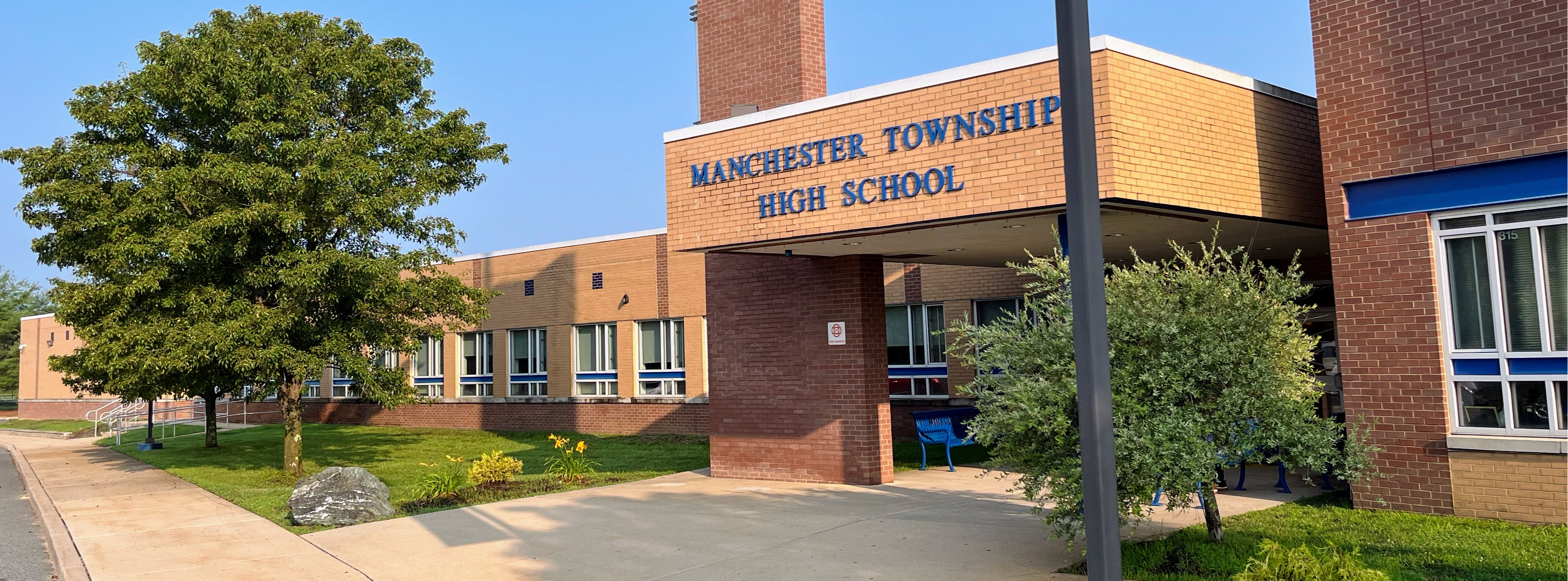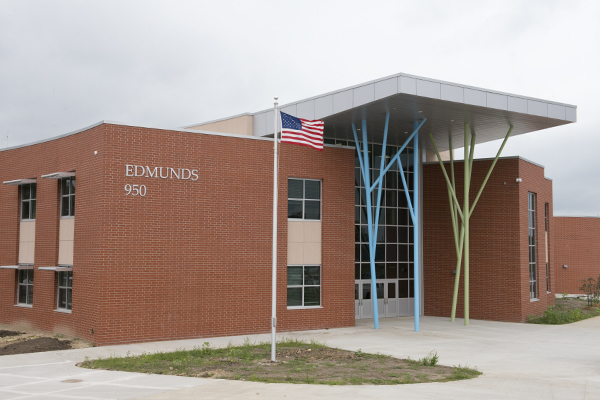How You Can Help Save Temecula Schools for Future Generations
How You Can Help Save Temecula Schools for Future Generations
Blog Article
How Schools Play a Vital Role in Shaping Future Leaders and Trendsetters
By incorporating project-based knowing and interdisciplinary research studies, academic establishments test trainees to analyze and manufacture complex information. Teachers offer as advisors, guiding pupils and supporting their possibility, while extracurricular tasks better develop management skills and strength.
Cultivating Important Assuming
In today's swiftly evolving globe, cultivating critical thinking within universities has actually become extremely important. As society comes to grips with significantly complex worldwide challenges, the capacity to assess, assess, and synthesize information is necessary. Institutions play an essential role in developing these abilities, preparing students to browse and resolve diverse problems with notified, reasoned choices.
To grow essential thinking, instructors employ different instructional strategies that motivate active learning and intellectual involvement. Classroom discussions, problem-based discovering, and Socratic examining are instrumental in promoting reflective and logical idea procedures. By testing pupils to interrogate presumptions and consider several perspectives, these techniques guarantee a much deeper understanding of topic past memorizing memorization.
Furthermore, integrating crucial assuming throughout the curriculum reinforces its relevance and applicability in diverse contexts. Subjects such as mathematics, science, history, and literary works each deal one-of-a-kind opportunities to develop pupils' critical faculties. Examining historical occasions needs assessing resources and recognizing context, while clinical inquiry needs strenuous theory screening and evidence-based thinking.
Eventually, instilling essential assuming abilities in pupils furnishes them with the cognitive tools essential for lifelong discovering and adaptability. It is with this foundational capability that future leaders will be able to innovate, fix troubles, and add meaningfully to society.
Urging Creativity
Welcoming creativity within educational frameworks galvanizes pupils to assume beyond standard limits and explore ingenious services. By integrating imaginative ventures and creativity exercises right into the educational program, colleges grow an environment where originality and creative idea are valued. This approach not just improves the instructional experience but likewise furnishes pupils with the capability to tackle real-world obstacles in unique means.
University can promote creative thinking with diverse methods such as project-based discovering, interdisciplinary research studies, and the consolidation of arts and modern technology. Project-based discovering, for example, encourages pupils to use their expertise in practical, often collective, tasks that require creative problem-solving abilities. Interdisciplinary research studies allow students to attract connections in between different subjects, consequently broadening their point of views and improving their creative capabilities.
Moreover, giving trainees with opportunities to engage with emerging innovations, such as coding and electronic style, even more nurtures their imaginative possibility. These activities prompt trainees to experiment, fail, and iterate, which are vital elements of the imaginative procedure (Save Temecula Schools). By keeping a supportive setting where testing is encouraged, schools can make sure that trainees create the confidence to seek cutting-edge concepts
Essentially, supporting creativity in instructional settings is indispensable for forming future leaders and pioneers with the ability of dealing with intricate global problems with ingenuity.
Supporting Cooperation

Applying group-based understanding components and participating jobs permits pupils to experience the characteristics of synergy firsthand. This not just prepares them for the collective nature of modern offices but additionally supports leadership high qualities as they commonly have to handle functions such as job supervisors or group coordinators. Furthermore, collaboration in the class can damage down social obstacles and advertise inclusivity, making certain that each student feels valued and listened to.
Furthermore, integrating innovation can further support collaborative efforts. Tools like shared electronic offices and interactive platforms make it possible for students to interact efficiently, even outside the classroom. As trainees establish these collaborative abilities, they are much better geared up to deal with intricate obstacles and introduce, preparing for their future roles as leaders and pioneers.
Function of Teachers as Mentors

Mentorship entails individualized attention, where educators identify and support private strengths and address weak points. Save Temecula Schools. With individually communications, instructors can tailor their suggestions and support to meet each pupil's distinct needs, fostering a feeling of self-confidence and resilience. This individualized method cultivates a growth attitude, encouraging students to check out failings as possibilities for discovering and development
In addition, educators see this here offer as good example, showing the values of compassion, perseverance, and stability. Their attitudes and actions offer a blueprint for students to emulate, instilling a feeling of moral obligation and social recognition. By producing a inclusive and encouraging classroom atmosphere, instructors make it possible for students to develop social abilities that are vital for reliable management.
In significance, the mentorship provided by instructors lays a fundamental framework for the growth of future leaders, outfitting them with the knowledge, abilities, and worths needed to stand out in an ever-evolving world.
Impact of After-school Activities
When incorporated effectively right into the educational framework, after-school activities considerably improve pupil advancement and management capacity. These activities give students with opportunities to explore interests beyond the standard curriculum, promoting a well-rounded skill collection. Clubs, sports teams, and arts programs grow essential high qualities such as team effort, time management, and strength. Involvement in these activities typically needs trainees to tackle obligations, thus nurturing their leadership abilities.
Furthermore, extracurricular involvement motivates creativity and technology. Trainees participated in music, discussion, or dramatization clubs find out to believe critically and technique troubles from varied viewpoints. Visit Website These experiences infuse self-confidence, making it possible for students to articulate their ideas and take effort in different settings. By working together with peers from various histories, trainees likewise create compassion and interaction abilities, vital characteristics for future leaders.
Research shows that students entailed in such programs tend to have higher grades and better participation documents. Therefore, colleges that prioritize a well balanced method to education, incorporating durable extracurricular programs, are a lot more likely to produce leaders and pioneers equipped to meet the difficulties of the future.

Verdict
In final thought, institutions dramatically form future leaders and pioneers by supporting crucial thinking, creative thinking, and partnership amongst students. By cultivating an encouraging setting that values specific strengths and team effort, schools equip trainees with the required skills to browse future obstacles and drive technology.
As pupils develop these collective skills, they are better furnished to deal with intricate challenges and innovate, laying the groundwork for their future functions as pioneers and leaders.
By fostering vital thinking and analytic skills, instructors help pupils navigate complex difficulties, preparing them for leadership functions in different areas.
By working together with peers from various backgrounds, trainees also develop empathy and interaction skills, important characteristics for future leaders.
In final thought, schools significantly form future leaders and trendsetters by supporting important reasoning, creative thinking, and collaboration amongst pupils. By promoting a helpful environment that values individual staminas and synergy, schools outfit students with the essential skills to browse future obstacles and drive innovation.
Report this page